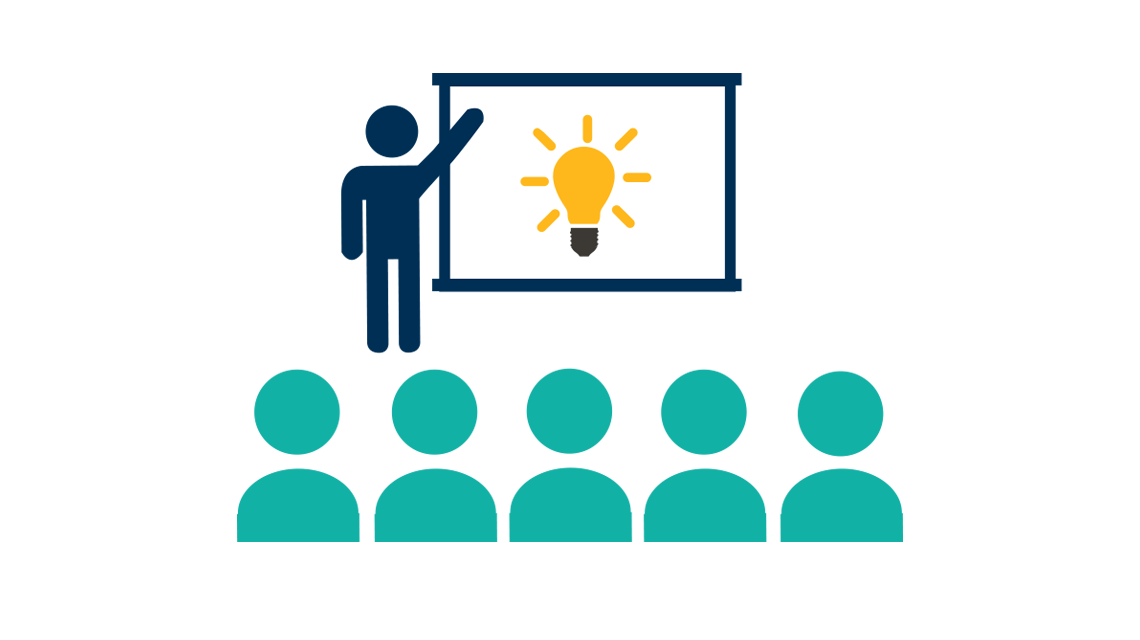International Certificate Young Learners
The International Certificate Young Learners is a fun English language assessment for students aged six to 13, delivered by Edexcel, the UK’s largest examining body.
International Certificate Young Learners tests a young learner’s ability to use structures and functions in realistic contexts and, later on in the series, tests their ability to use language to carry out specific communicative tasks, with an emphasis on real-life scenarios rather than on knowledge of specific language items and vocabulary.
International Certificate Young Learners assesses the four skills: listening, reading, speaking and writing, organised in two parts, the Spoken part and the Written part. Please note that both the Written and Spoken parts need to be attempted to achieve a passing grade.
The International Certificate Young Learners test is not recognised for immigration purposes. If you require a test for immigration purposes, please visit PTE Academic.
International Certificate Young Learners
What is the International Certificate Young Learners?
Test levels
The International Certificate Young Learners is an assessment solution to suit students from pre-A1 level to A2 level on the Common European Framework of Reference, at four different levels of English language proficiency.
If you are teaching the International Certificate Young Learners exams, we have a range of past papers to help you prepare students.
View all International Certificate Young Learners levels
Read our Parents’ Guide to the International Certificate Young Learners
Integrated skills
The International Certificate Young Learners integrates the four key language skills: listening, reading, speaking and writing.
It consists of two parts: a written test which assesses listening, reading and writing, and a spoken test. The spoken part of the test and the written part are taken separately. Because of the communicative nature of the International Certificate Young Learners, the tests can be shorter without compromising the reliability of the results.
Why choose the International Certificate Young Learners?
The International Certificate Young Learners gives your students an English qualification accredited by Pearson Edexcel, through a fun, stress-free English test.
- Emphasis on real-life scenarios rather than on knowledge of specific language items and vocabulary
- Stress-free testing environment includes name-to-picture matching, story-writing, or participating in a conversation, plus a group spoken section that is conducted while students play a board game
- Engaging and familiar content follow the adventures of the Brown family across all test levels.

About our scores

Using an online marking system (e-Pen) and a web-based test center service system, Pearson provides fast and helpful feedback on individual performance of students in the tests.
Detailed feedback is provided in the form of a candidate performance report, which includes a breakdown of the scores for listening, speaking, reading and writing. These are sent to the test centres who distribute them accordingly.
The grades awarded for the test are Distinction, Merit or Pass. If test-takers do not achieve a Pass grade, they receive a candidate performance report, but not a certificate.
Post-results service
For enquiries about results/grades received, or to make an appeal against your results, try our post-results services.
Where to take the test
The International Certificate Young Learners consists of a written paper-based test and a spoken test (with an examiner and a group of five test takers), which are delivered through a number of registered centres in over 40 territories globally.
Test centres delivering the International Certificate Young Learners are typically schools and language schools. Each prospective centre is required to provide evidence that tests will be conducted according to regulations as part of registering to become a test centre. In some territories, there are locally based agents or representatives.

